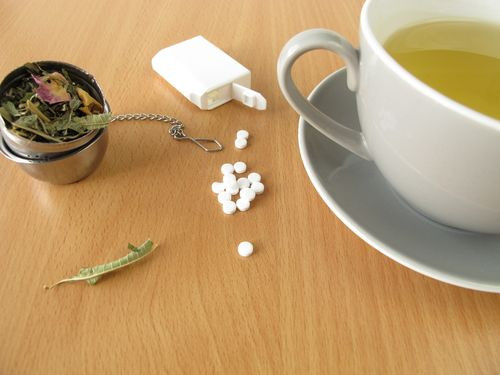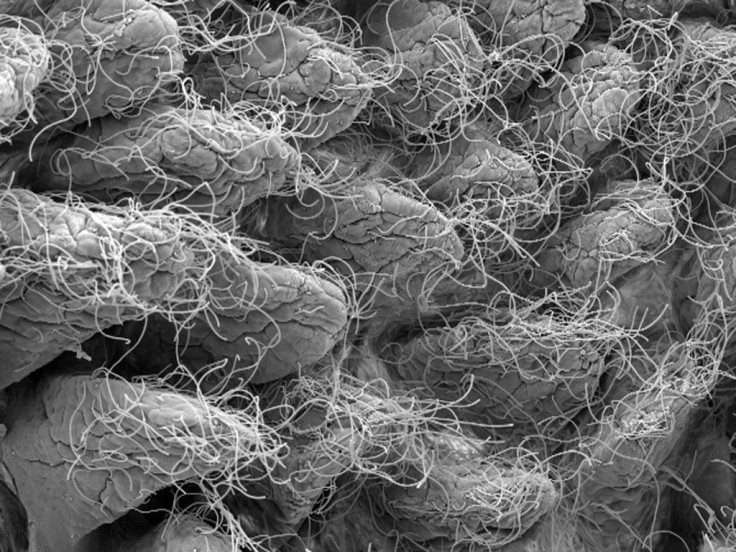Artificial Sweeteners Change How Our Gut Bacteria Work, Paving The Way To Diabetes And Obesity

For years dieters and scientists alike have wondered why artificial sweeteners with zero calories do not seem to help anyone lose weight. Researchers even worry that artificial sweeteners may be contributing to both the obesity and diabetes problem affecting many parts of the globe. Now, a new study from the Weizmann Institute says exactly that. Sugar substitutes, the researchers explain, change the composition and function of your gut microbiota — the beneficial bacteria in your intestines — and so hasten the development of glucose intolerance and metabolic disease. “Our relationship with our own individual mix of gut bacteria is a huge factor in determining how the food we eat affects us,” said Dr. Eran Elinav of the Weizmann Institute's Immunology Department and lead author of the study.
Reasons Why Gut Flora Is So Darn Fascinating
Weighing in anywhere from 7.1 ounces to 3 pounds, your gut microbiome is the totality of bacteria residing in your intestinal tract like a sleeping fetus you carry around for life. Due to advances in genetic sequencing and other technologies, scientists recently discovered that your intestines host 500 species of microbes with seven million genes, a larger number than the total number of cellular genes you inherited from your parents. Some expected and some unusual factors shape the exact mixture of microbes living in your gut, and playing a key role in your health. For instance, researchers recently found gender, whether or not you were breastfed, and education (of all things) shape your bacterial community, though it is not yet clear how these influence the microbes. There’s even a push to classify people based on the composition of their gut microbiome due to the fact that three robust clusters were identified that are not nation or continent specific. Each of us, then, would belong to a particular enterotype.

For the current study of artificial sweeteners and gut flora, a group of scientists began by giving mice water laced with the three of the most commonly used artificial sweeteners. Compared to mice given water or even sugar water, the mice drinking artificially sweetened water developed glucose intolerance, which is an inability of the body to cope with large amounts of sugar. Commonly doctors say this is the first step to adult-onset diabetes. After repeating the experiment with different types of mice and different doses of sweeteners, the researchers produced the same results: induced glucose intolerance.
Next, the researchers eradicated many of the gut bacteria in a group of mice by treating them with antibiotics. The result of this was “sterile” mice, which showed a spontaneous reversal of the artificial sweetener-induced glucose intolerance. Having created germ-free mice, the researchers then introduced the gut flora from mice that had consumed artificial sweeteners and could no longer properly metabolize glucose. The result? The recipient, previously sterile mice once again showed the signs of glucose intolerance upon transmission of the gut flora.
The researchers said this, in itself, was conclusive proof that artificial sweeteners change the gut bacteria and result in harmful effects on metabolism. But is the same true for humans?
To answer this question, the researchers raided, so to speak, the Personalized Nutrition Project for data and, after analysis of dietary habits and microbiome composition in a large dataset of people, they concluded, yes the same is true for humans. More importantly, the team also conducted a small controled experiment, in which volunteers who normally avoided artificially sweetened foods consumed them for a week. After this brief exposure, the volunteers underwent tests of their gut microbiota and their glucose levels.
Shockingly, many — but not all — of the volunteers had begun to develop glucose intolerance after just one week of ingesting artificial sweeteners. In fact, those who had begun to develop metabolism problems had a different population of bacteria in their gut than those who did not. Based on these results, Elinav believes certain bacteria react to chemical sweeteners by secreting substances that provoke an inflammatory response similar to sugar overdose. In turn, this promotes changes in the body's ability to effectively use sugar. “This calls for reassessment of today's massive, unsupervised consumption of [artificial sweeteners],” said Elinav.
Source: Elinav E, Segal E, Suez J, et al. Nature. 2014.



























